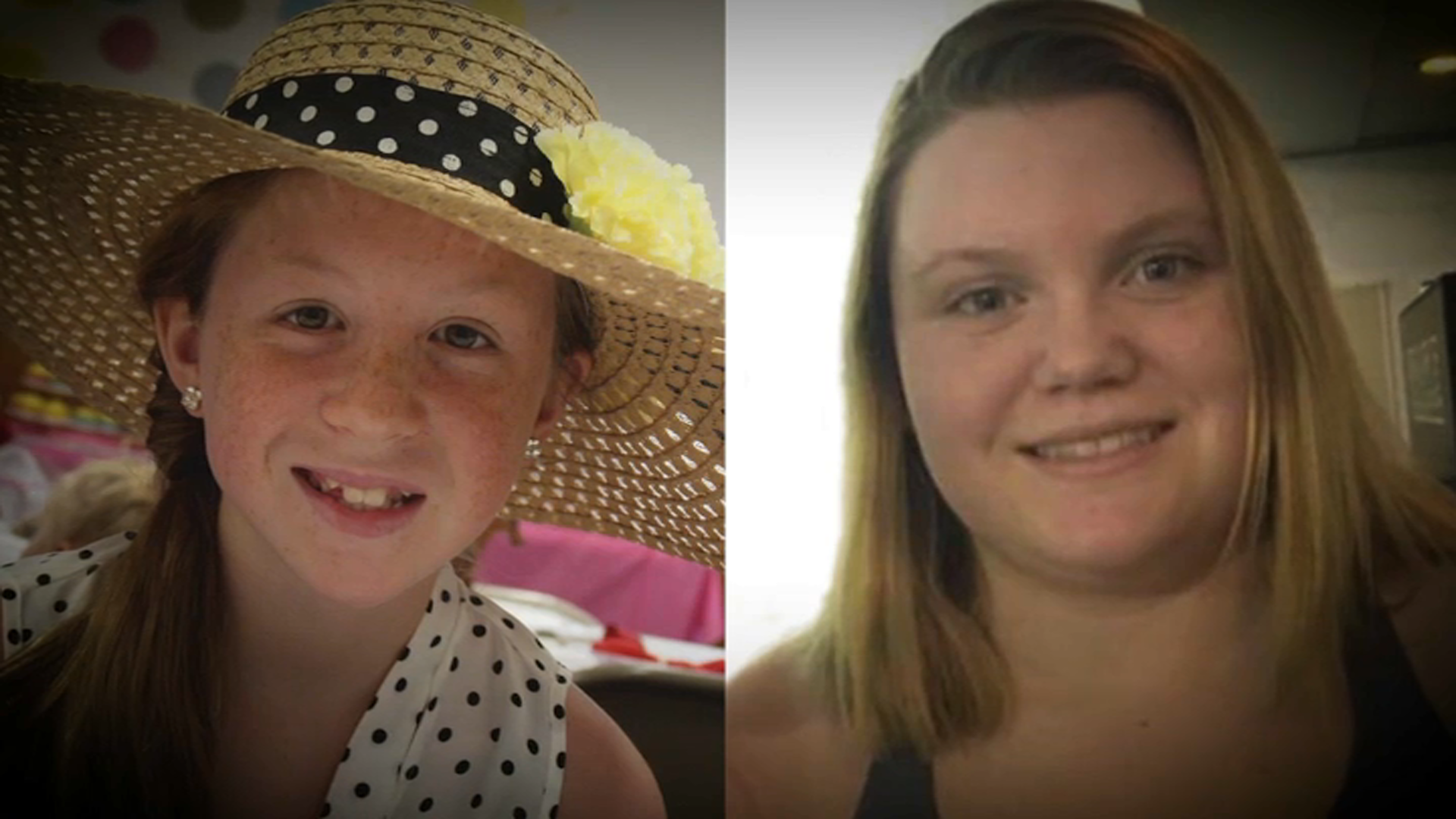Chicago is set to update its emergency travel order Tuesday, detailing where states currently stand on the city's list requiring travelers to quarantine or test negative for COVID-19 prior to their arrival in the city.
The last update on April 20 included 26 states as well as Puerto Rico and the District of Columbia in the "orange tier," which requires a quarantine or pre-arrival negative test before coming to Chicago. The lesser "yellow tier" included 23. Which tier states fall into depends on case rate adjusted for population.
While health officials continue to residents to avoid travel if possible, the thresholds and the testing or quarantine requirements for each category are as follows:
- Yellow: States with a rolling 7-day average less than 15 cases/day/100k residents.
- No quarantine or pre-arrival test required. Maintain strict masking, social distancing and avoidance of in-person gatherings
- Orange: States have a rolling 7-day average above 15 cases/day/100k residents
- 10-day quarantine OR negative test no earlier than 72 hours before arrival in Chicago with strict masking, social distancing and avoidance of in-person gatherings
or - Be fully vaccinated, as defined as two weeks after the second dose of a two-dose COVID-19 vaccine or two weeks after one dose of a single-dose vaccine and not have symptoms
- 10-day quarantine OR negative test no earlier than 72 hours before arrival in Chicago with strict masking, social distancing and avoidance of in-person gatherings
In the last update, CDPH said those who travel from an orange list state and are not able to get a test before arriving in Chicago can use an airport testing site or another testing site upon arrival, officials said, adding that those who get tested upon arrival must still quarantine until they receive a negative result.
Here's a look at which states are in either tier:
- 23 yellow states: Oklahoma, Mississippi, New Mexico, Indiana, Arkansas, Louisiana, Nevada, Kansas, Wisconsin, California, Wyoming, Missouri, Hawaii, Utah, Arizona, Texas, Kentucky, Idaho, Montana, Alabama, Georgia, Tennessee, and Iowa
- 26 orange states, Puerto Rico and District of Columbia: New Jersey, New York, Rhode Island, Florida, Delaware, Connecticut, Colorado, Vermont, Pennsylvania, South Dakota, Massachusetts, Alaska, Virginia, New Hampshire, Minnesota, Michigan, West Virginia, Maryland, Maine, North Dakota, Nebraska, Ohio, District of Columbia, Puerto Rico, South Carolina, North Carolina, Oregon, and Washington
The city's health department also noted two weeks ago that Indiana was above the threshold to move to the orange tier, but would remain in the yellow tier "for another cycle because it’s close to the cut-off and cases are trending in the right direction."
Local
"If case numbers for Indiana do not drop below the threshold they will be added to the orange tier in two weeks," the Chicago Department of Public Health said.
Feeling out of the loop? We'll catch you up on the Chicago news you need to know. Sign up for the weekly Chicago Catch-Up newsletter.
CDPH Commissioner Dr. Allison Arwady said last month that while more residents continue to get vaccinated, the travel order remains in place as cases in many states rise.
"We look at it every week and as more and more people are vaccinated, it applies to fewer people," she said. "I think what we're going to see is increasingly there will be less need for these kinds of municipal travel orders because we may see airlines, for example, requiring vaccination status, or potentially a pre-testing requirement to travel. I think there's going to be more and more incentives for people to be vaccinated who want to travel and it will increasingly be safer to travel, but we are still, you know, we are clearly in, you know, another optic here in terms of COVID in the U.S. I wish I could say we were past it, but we're just not at this point. So at the moment really encouraging people getting vaccinated is the safest way to protect yourself and then you can do a lot of these other things like travel with much less worry much less need for the testing or the quarantine or any of those pieces."
City health officials updated the order in February to exempt anyone fully vaccinated and without COVID-19 symptoms from the quarantine or test requirement to bring the policy in alignment with guidance from the Centers for Disease Control and Prevention.
"Fully vaccinated is defined as being at least two weeks after receipt of the second dose in a two-dose COVID-19 vaccine series or at least two weeks after receipt of one dose of a single-dose COVID-19 vaccine," CDPH said in a statement at the time.
"Fully vaccinated travelers must monitor their health for 14 days after travel and if they experience symptoms potentially consistent with COVID-19, they must self-isolate until clinical evaluation and COVID testing," CDPH continued. "They also must continue to adhere to all recommended protective measures including wearing a mask (and using job-specific personal protective equipment), maintaining physical distance, practicing hand hygiene, and avoiding crowds."
Health officials still recommended canceling all non-essential travel, vaccinated or not, particularly after cases in Chicago and Illinois increased in recent weeks.
The city said it hopes to simply educate travelers about the order, but those found in violation could be subject to fines of between $100 and $500 per day, up to $7,000.
Exceptions can be made for travel for medical care, parental shared custody and business travel for essential workers. It also does not apply to an individual passing through states for less than 24 hours over the course of travel, including layovers at airport or people driving through a particular state. Daily commuters to and from neighboring states are also exempt.



